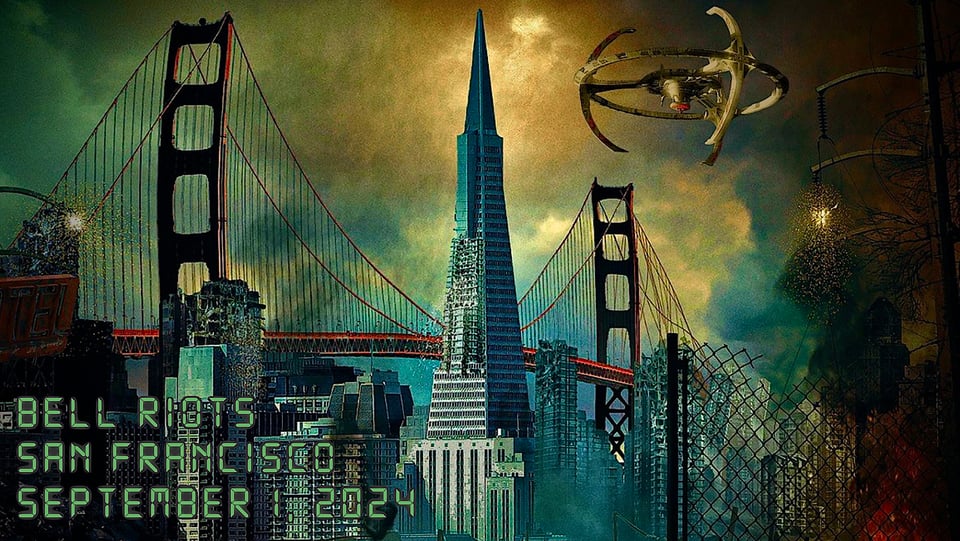Bell Riot Day

Welcome back to Culture Club, the weekly feature where David and I discuss our preoccupations—what we’ve been thinking about, reading, watching or playing—for premium subscribers.

Want to read the full issue?

Welcome back to Culture Club, the weekly feature where David and I discuss our preoccupations—what we’ve been thinking about, reading, watching or playing—for premium subscribers.
